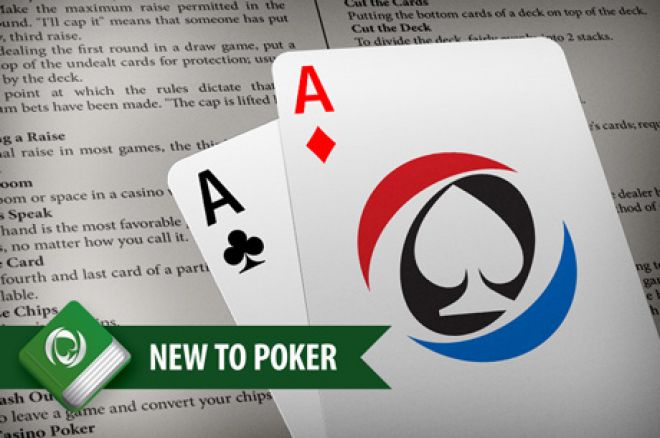Where Did The Word Gambling Originate
What is the origin of ‘quiz’? Where did we get the term ‘flea market’? If you’ve ever asked similar questions, you’ll enjoy these word and phrase origins. According to the Oxford English Dictionary (OED), the U.S. Criminal slang term grift originated in the early 1900s. It may be an alteration of graft, which is from 1865 and refers to obtaining. Gambol comes from the Middle French word: Gambade. So now you know! It comes from the same roots as Games and Gaming. But you probably guessed that. Where does the word does the word pants come from? It is derived from a character in an Italian comedy called Pantalone. He wore garments that came down to his ankles (when most men wore ones that came to the knee). In 18th century England they were called pantaloons. In the 19th century, the word became shortened to pants.
And I have always hated tie-dye.

Dear Word Detective: Exactly what is a “rounder”? One example of the term’s use is in a fairly obscure Grateful Dead song titled, “On The Road Again.” Here is the line as it appears in the song: “Went to my house the front door was locked, Went ’round to my window, but my window was locked, Jumped right back, shook my head, Big old rounder in my folding bed. Jumped into the window, broke the glass, Never seen that little rounder run so fast.” — Alex Williams.


So it’s come to this, has it? Decoding Grateful Dead lyrics? That way lies madness. Speaking as a former mid-range Dead fan (I own maybe four albums and have no plans to ever buy another), I sincerely doubt that most of their lyrics actually mean anything. Yes, I know there are people who regard “Ripple” as a deep philosophical statement, but those tend to be the same people who are really, really good at rolling their own cigarettes. All I know is that if I never hear “Casey Jones” or “Truckin'” again, it’ll be ten years too soon.
Where Does The Word Gambling Originate From
I looked up the lyrics to “On the Road Again” and found some minor differences from those you supplied, but the gist is the same. This is, by the way, not the same song as Canned Heat’s “On the Road Again.” The Dead billed “On the Road Again” as a “traditional” tune, which they merely arranged. The narrator of the song is a man who has married a “bad girl” and has discovered, quelle surprise, that her “badness” has persisted past the wedding reception.
As to what the “rounder” might be, there are a number of possibilities. As a noun, “rounder” carries the general sense of “one who goes around,” or follows a route in some sense, as a salesman might have in the 19th and early 20th centuries. When the term “rounder” first appeared in English in the 17th century, it meant a military officer who was assigned to “make the rounds” of guard posts at a base or camp to make sure the sentries were awake and alert (“In our modern Wars … sometime the Rounder will clap a musket-shot through a sleepy head,” 1624). “Rounder” was used in the 19th century to mean a minister who traveled “on rounds” on Sunday, and the word was also used as a short form of “roundsman,” an indigent laborer who was sent around to work for various farmers, his wages being partly paid by the local church. “Rounder” is also used in Britain, in the plural form “rounders,” as the name of a game similar to baseball in which a batter hits a ball and runs around the bases.
Where Did The Word Gambling Originated
In US slang, however, a “rounder,” since the mid-19th century, has been a person, usually a man, who makes rounds of a different and less pleasant sort. A “rounder” makes “the rounds” from bars to prisons to flophouses and back to bars again (“The regular rounders who are beginning to receive long sentences under the new drunkenness law,” 1891). The term was also used to mean an itinerant railway worker, but I suspect that the author of “On the Road Again” had the “chronic drunk and convict” sense of the word in mind.